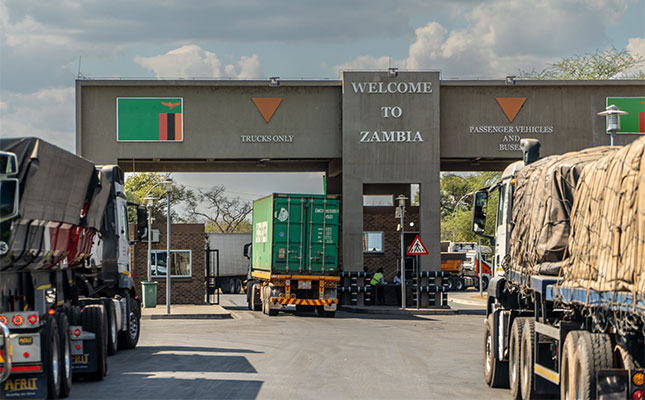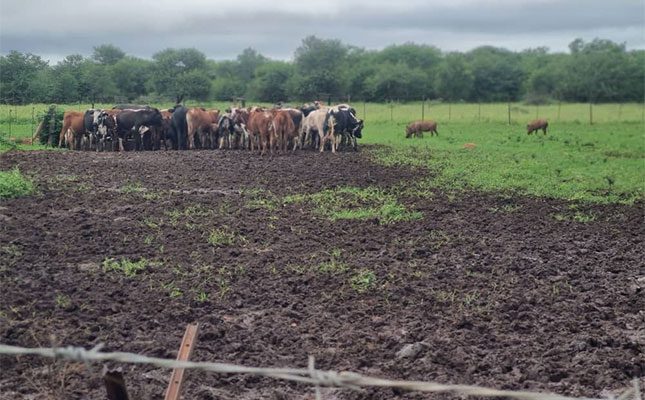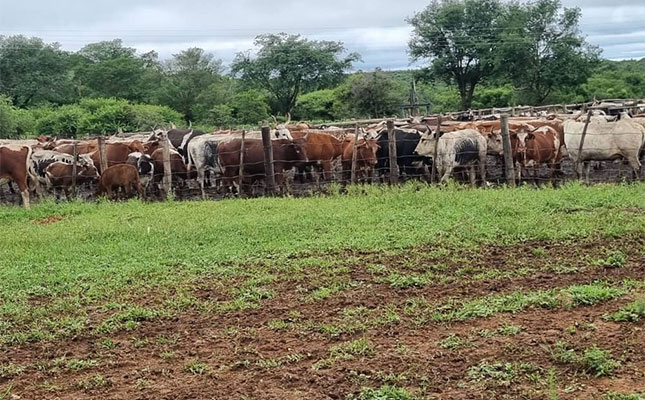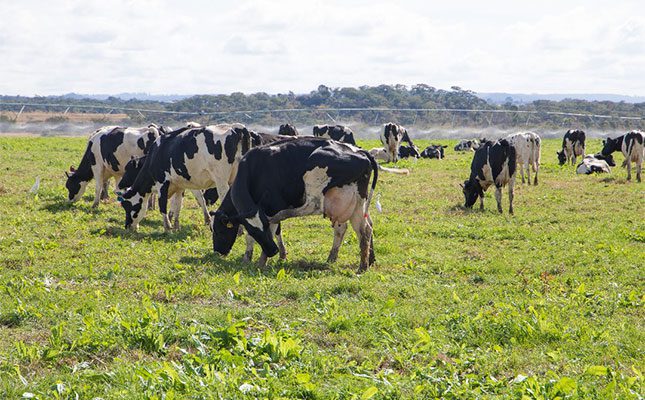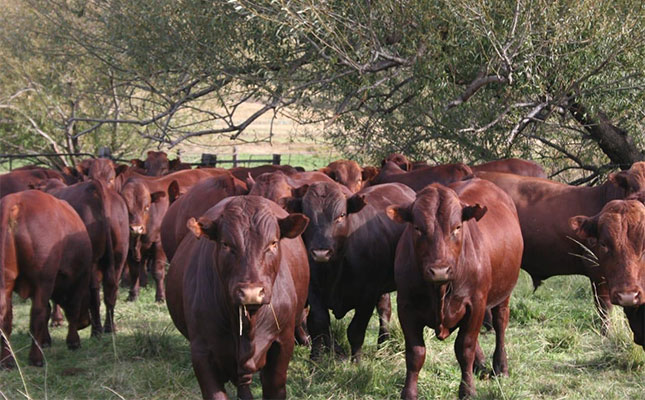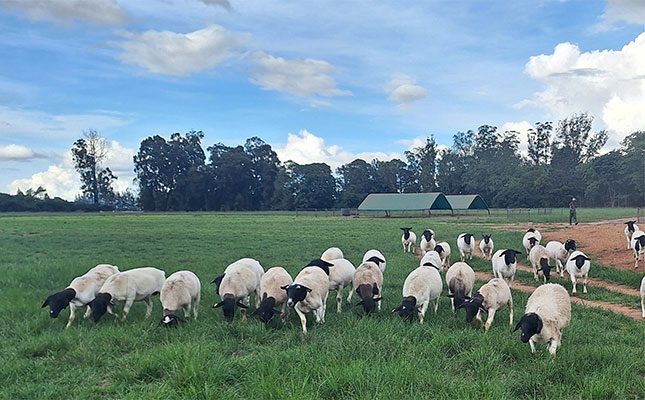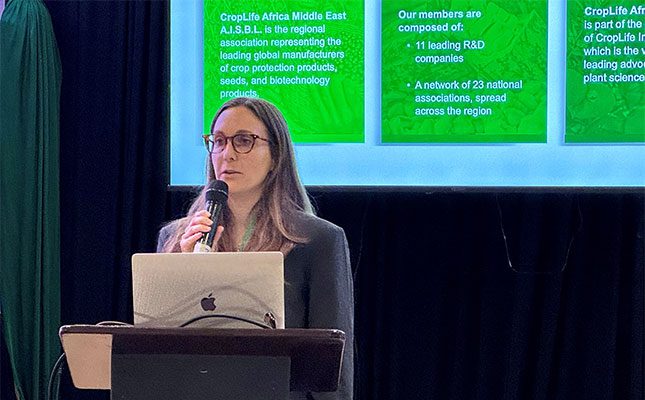
CropLife Africa and the Middle East focuses on developing crop protection products that boost productivity while safeguarding farmers’ health and the environment.
Speaking at the International Federation of Agricultural Journalists Congress 2025 held in Nairobi, Kenya, in mid-October, Margaux Rundstadler, director of public affairs and communication at CropLife Africa and the Middle East, said the company represents a network of 23 national associations spread across the region.
She added that the regional association represents the leading global manufacturers of crop protection products, seed, and biotechnology products.
In her address, Rundstadler noted that Africa holds 60% of the world’s uncultivated arable land but that 80% of its basic food imports come from outside the continent.
“Africa’s potential is still not fully unleashed,” she added, highlighting that 512 million people on the continent are expected to be undernourished by 2030.
“To address many of the challenges faced on the continent, farmers would need to increase yields. Pesticides remain essential tools for farmers for crop yield resilience, especially in the face of climate change,” she explained.
Rundstadler added that the Food and Agriculture Organization of the United Nations’ International Code of Conduct on Pesticide Management lays out guidelines for the responsible use of pesticides to maximise their benefits without adverse effects on human health or the environment.
Cracking down on counterfeit pesticides
One of the crop protection industry’s focuses is to step up measures to combat the illicit trade in counterfeit products. “These products not only have an impact on the profitability of the industry, but [they are] often also harmful to farmers and the environment and do not add to productivity,” she said.
In Kenya, CropLife partners with the Pest Control Products Board in raids, seizures, and arrests against the illicit trade or counterfeiting of products.
“Since January 2024, more than 75 cases have been registered, with seizures of over 100t of illegal pest control products valued at an estimated KSh70 million [about R9,3 million],” Rundstadler said.
She added that in Morocco, 4 700 farmers and opinion leaders have been trained in detecting counterfeit products: “Some 30 000t of counterfeit pesticides have been seized by the authorities [there].”
In Egypt, Rundstadler said that in partnership with the Agricultural Pesticide Committee, CropLife Egypt trained 73 retailers in three governorates identified as hot spots for counterfeit pesticides.
“The training improved those retailers’ ability to identify the illegal products, and this strengthened compliance in the area. It is also contributing to a safer environment for all,” she added.
Application via drones
Another focus area for the industry is the use of drones to facilitate chemical applications. “We are involved in programmes that promote best practices in the use of drones for applying crop protection products, with the aim of reducing farmers’ exposure [to the products] and water use.
“In Kenya, we organised roadshows in collaboration with the Pest Control Products Board in Eldoret, Kitale, and Mwea to educate the public on drone-based pesticide applications,” Rundstadler said.
She added that in Morocco, initial trials are being conducted on drone applications on potatoes, citrus, olives, and maize, with the aim of establishing compliance guidelines. In Egypt, CropLife is also involved in ongoing trials with research partners to develop controlled drone regulations.
Use of biopesticides
Biopesticides is another field that is receiving attention. “The industry is fast-tracking regulatory approvals and promoting the use [of biopesticides] at farm level. This forms part of our commitment to promoting integrated pest management [IPM] practices,” Rundstadler said.
According to her, Kenya has accelerated the registration process for biopesticides, leading to an increase in registrations, while in Morocco, biologicals are being promoted as a more sustainable alternative to conventional pesticides.
She also pointed out that in Egypt, CropLife is involved in ongoing partnership programmes with universities to build enabling registration systems that make biological solutions more accessible and affordable for Egyptian farmers.
Referring to IPM programmes, Rundstadler said that in Kenya, more than 1 000 spray service providers have been trained to ensure correct application of products and the use of protective gear and appropriate equipment.
Proper disposal of containers
As in South Africa, there is a huge focus on the correct disposal of empty pesticide containers in Kenya, Morocco, and Egypt.
“In Kenya, 80 new waste collection centres have been established, and more than 70t of empty packaging material and over 200t of obsolete products have been disposed of in the past couple of years. In Morocco, 60t of empty packaging material have been collected,” Rundstadler explained.
She added that a pilot programme has been launched in Egypt to collect empty pesticide containers.
During her presentation, she also elaborated on the Sustainable Pesticide Management Framework for the East African region. “It is a five-year holistic programme that supports the sustainable and responsible use of pesticides by all parties involved,” she explained.
She added that the programme is a key global flagship initiative and commitment by CropLife International that is deployed across Africa, Asia, and Latin America. It aims to build capacity in various key countries to establish sustainable pesticide management that protects people’s health, safeguards the environment, and optimises crop production.
“The programme is guided by the International Code of Conduct on Pesticide Management, CropLife International’s foundational commitment, its members, and its network, and is aligned with the association’s purpose and vision to advance agricultural innovation and sustainable food systems.
“It is currently under way in Kenya, Morocco, Egypt, Chile, Guatemala, Thailand, and Vietnam, and will expand to Colombia and Indonesia by the end of 2025,” she concluded.

